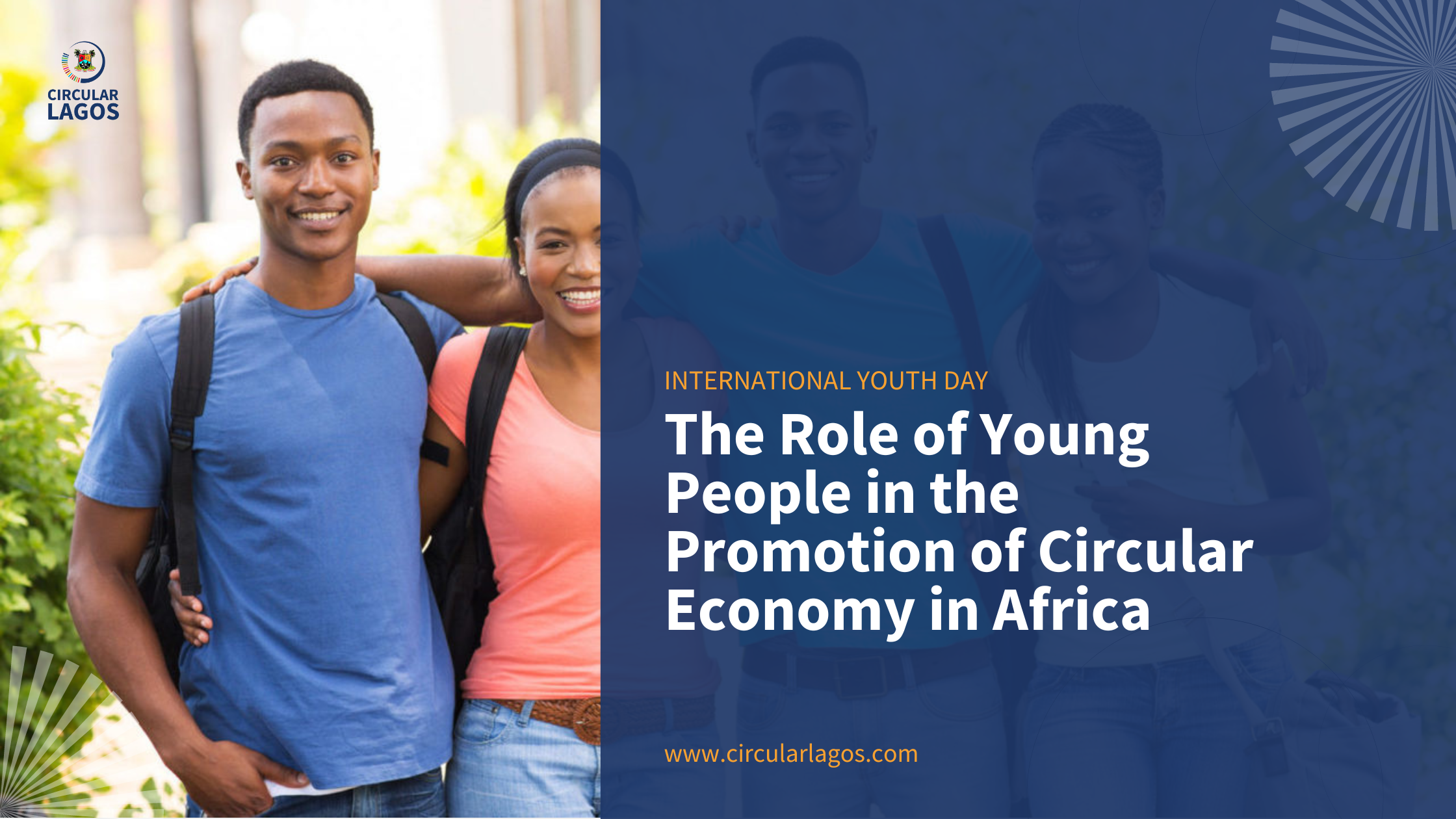
International Youth Day: The Role of Young People in The Promotion of Circular Economy in Africa
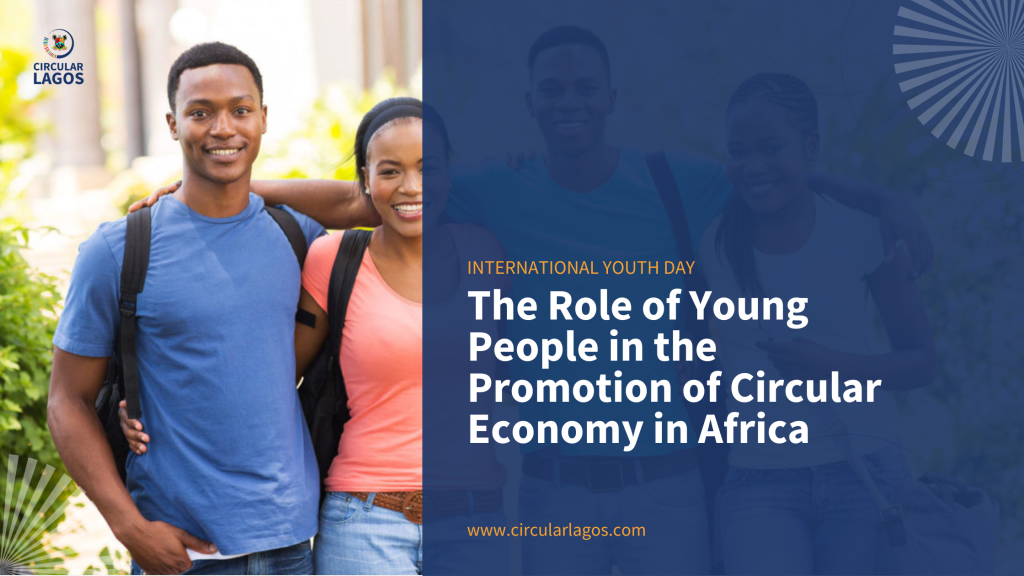
Bilikiss Adebiyi Abiola, a young ecopreneur founded her waste recycling and management startup, Wecycler in 2012. A move that was full of uncertainty for the young Nigerian who had only recently graduated from Vanderbilt University, where she obtained her Master’s degree. Less than a decade later, this interesting social enterprise has gone ahead to recycle over 12,000 tons of waste while facilitating social change and development.
With the youth accounting for 63 percent of Africa’s population, and 60 percent of this figure unemployed, Bilikiss is one of 241 million people aged 15 to 29 living in Africa, working to make meaning of the challenges faced by the continent.
Mrs Bilikiss, like many other young agents of social change in Africa, are rolling up their sleeves to tackle the mirage of issues various African communities and nations are faced with. This is why it is pertinent to celebrate these innovative young people all over the world making the world a better place. It is for this reason we celebrate The International Youth Day.
International Youth Day: Intergenerational Solidarity: Creating a world for all ages.
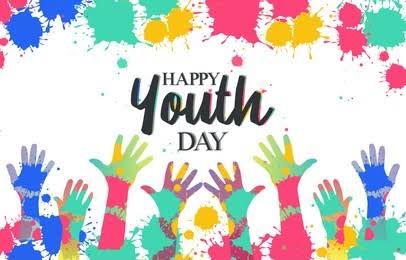
The International Youth Day is commemorated on the 12th of August every year to celebrate young change-makers making the world a better place. This day was designated by the United Nations General Assembly based on the recommendation by the world conference of Ministers responsible for youth in 1999.
The theme for this year’s International Youth Day, “Intergenerational Solidarity: Creating a world for all ages” is set to bring our attention to the reality of ageism in our world and how it is impacting social change and development. This year’s celebration brings to the fore the need for collaboration between folks of all ages to ensure that the human race achieves its quest for a sustainable world where no one is left behind.
This theme particularly speaks to the problem of ageism in Africa, a continent where young people find it difficult to get involved in the decision-making processes of their country’s government. They find it difficult to start and finance their businesses or even decide for themselves the course of their lives. This continues to militate against the growth of the continent.
The former United Nations Secretary-General, an African, Kofi Annan, understood the role of young people in the world’s quest for sustainable development when he stated: “Young people should be at the forefront of global change and innovation. Empowered, they can be key agents for development and peace.”
… Solving Africa’s many challenges one innovation at a time
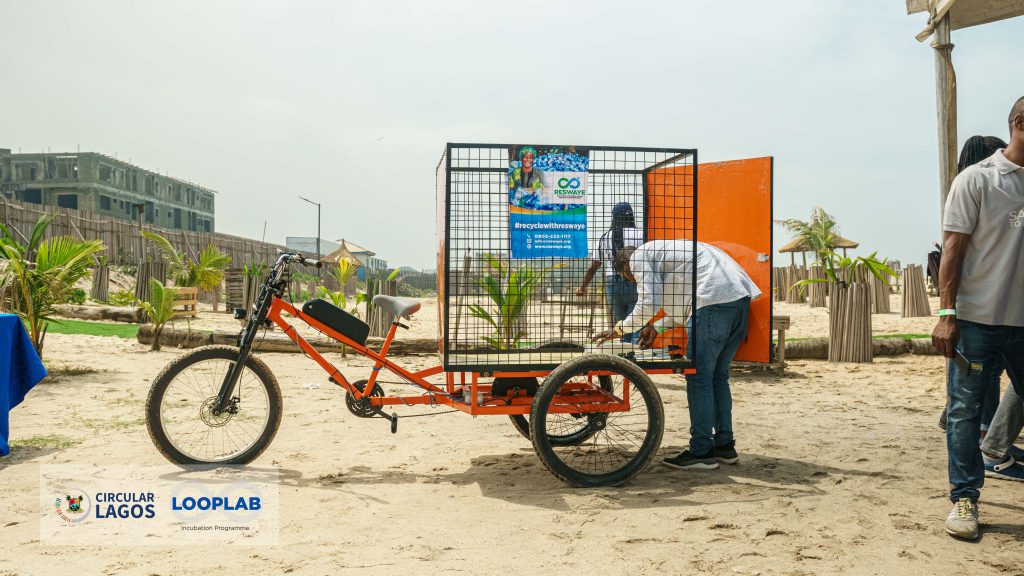
This year’s International Youth Day recognises the role of these young people in building a sustainable society all over the world, especially in Africa. Young Africans have to navigate challenges to get results. These challenges include unfavourable government policies, an unfriendly business environment, a lack of loan facilities to finance their great ideas, and inadequate basic amenities and facilities to succeed.
According to Children.org, Africa is home to some of the poorest people in the world. About 41% of the population in Subsaharan Africa live below $1.9 a day. Although the continent beams of potential that ought to be a source of enviable growth, development and sustenance, the continent’s human and material resources rot away as a result of mismanagement, lack of innovation and negligence.
The continent’s inability to optimise the value of its resources has in turn led to problems like deforestation, drought, food insecurity, redundant economy and other issues affecting Africa and her people.
Despite these hurdles, young changemakers are proffering solutions to problems faced by the African continent, problems including social issues, economic challenges, political instability and environmental problems.
How young Africans are solving urgent African challenges the Circular Economy way
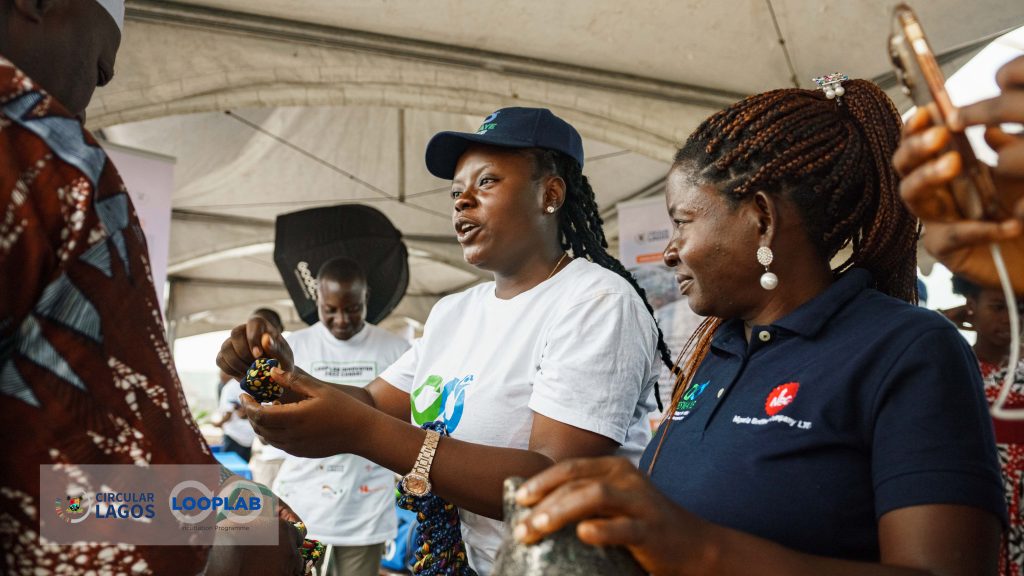
Like many other African social enterprises, Reswaye, led by Doyinsola Ogunye, is solving the waste problem in Lagos, while empowering disadvantaged women by creating a source of livelihood for them through the waste collection. The Reswaye team is one of many social enterprises all over Africa employing the principles of Circular Economy to solve the problems Africans are confronted with.
Young entrepreneurs are now driven, not just by the potential of profiting from their businesses, but by the possibilities of changing the socio-economic landscape one step at a time. Some of these entrepreneurs understand that circular economy holds the key to the sustainable development the continent desperately needs.
Circular economy is a concept that ensures that resources are optimally explored, employed, used, reused and recycled, regardless of the perceived position of the resource in the value chain. This implies that the loop on the value chain is closed to ensure no waste is generated in the process of creating value. In other words, Circular Economy ensures, as Bilikisi Abiola believes “one man’s waste is another man’s treasure”.
This concept is out to replace the linear system of production; that is from the exploration of natural resources to waste to a closed-looped system where what we call waste becomes an input in somebody else’s business. It ensures that resources are reintroduced into the value chain
In Africa, the possibilities for a circular revolution are endless. This is because young people now understand that in a challenging world, opportunities that ensure social impact and economic prosperity are abundant.
It is for this reason that Dr Natalie, the Co-founder of Circular Economy Innovation Partnership (CEIP) stated thus: “In the African context, the term “circular economy” is appealing. It potentially could address two very urgent policy issues: Reducing environmental impacts and creating meaningful opportunities for local entrepreneurs. This should, in turn, lead to higher-paying jobs, skills improvement and a cleaner environment.”
Promoting Circular Economy in Africa the Circular Lagos way.
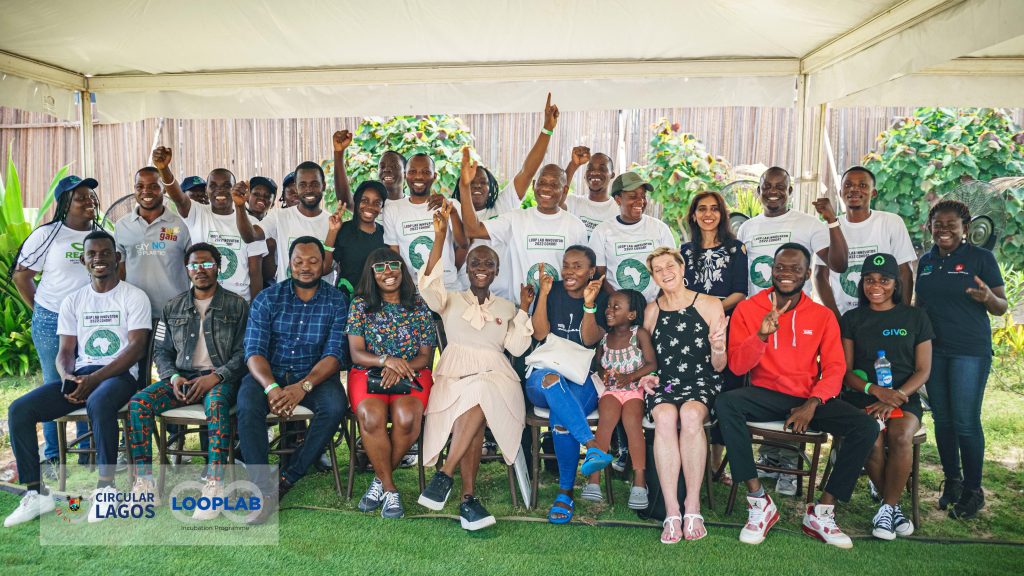
Acknowledging the need to encourage young people to get involved in the promotion of circularity in Nigeria, the Lagos State government in collaboration with Circular Economy Innovation Partnership (CEIP) initiated the Circular Lagos Platform, a platform that seeks to proffer solutions to the environmental, economic and social problem the linear system the economy largely runs on poses.
Lagos State, the commercial capital of Nigeria and the second biggest economy in Africa, is contending with numerous environmental challenges, unemployment, food insecurity and other social issues. The state generates an estimated 13,000 tons of waste every day and all this waste goes to landfills. This is unsustainable.
To solve the problem, the Circular Lagos platform brought together innovators, mostly young minds, through its LoopLab Incubation Programme to solve the linear economy problem with their great ideas
They solve the problems in the following ways.
Advocacy
With endless community outreaches through its advocacy programmes, including Eko Vibes Podcast and various circular challenges, Circular Lagos is reaching out to both young and old on the need to embrace circularity in their everyday lives. This is important if Africa is to compete with other continents.
Innovation
You might never have thought that the waste you burn indiscriminately or disposed of, could be turned into products that are of huge value to you. This is what the LOOPLab Innovators do. They create value for themselves and their communities out of waste. They incentivise the process of waste management, collection and recycling, to upcycling waste materials into valuable products. As their innovations cater for the environment, they also create wealth.
Research
Circular Economy Innovative Partnership (CEIP), through its various fellowships and programs, has employed young people to gather data that would ensure the quick transition to circularity in Nigeria. These are the areas young people are getting involved in the promotion of a circular economy in Africa.
Collaboration
For the loop to be closed and for circularity to work, collaboration is key. Young people in the circular economy space understand that for any economy to be fully circular collaborations are needed. This is an important ideal in the LoopLab Innovation Program. Participants in the program collaborate to get their businesses working
Participation
Apart from innovating, young people need to participate to solve Africa’s problems. It doesn’t matter how small or big the steps you are taking are, they add up to create a positive impact. All hands must be on deck.
Policy Formation
No government can get things working all by itself. This is why young people need to get involved not only in the running of the government but also in the policies the government will be initiating. Youths can and should influence policies that affect their country’s economy, the environment and the development on the continent of Africa.
Circular Economy, Sustainable Development Goals and the African Youth.
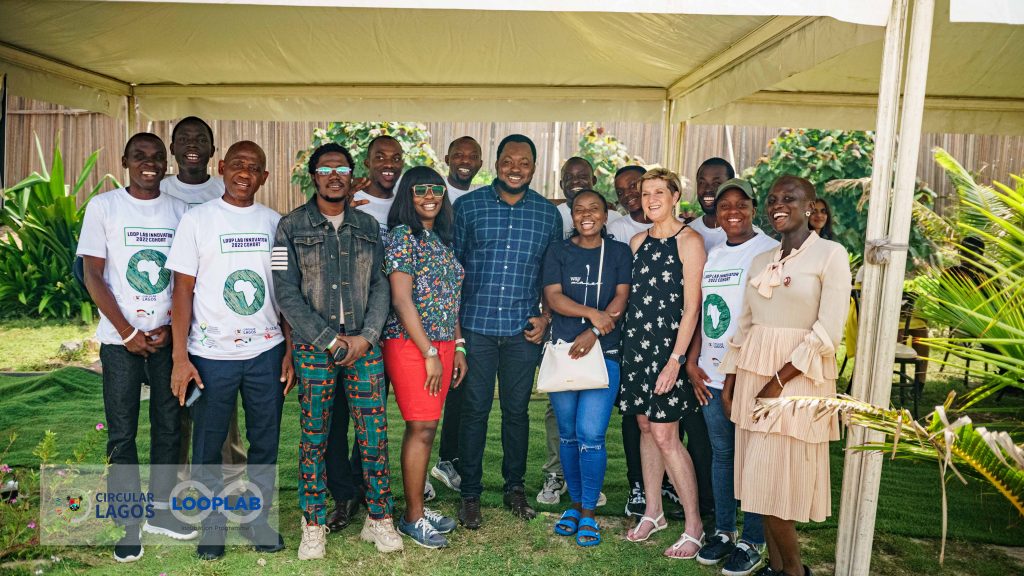
We cannot talk about the International Youth Day celebration without pointing to the Sustainable Development Goals and all it stands for, especially for Africa. The goals, adopted in 2015 by the United Nations Member states, are to create a sustainable and desirable future for developed and developing countries of the world.
With circular economic principles in Africa, the goals to eradicate poverty, provide clean water and sanitation, and some of these other ambitious goals can be achieved. With Africa’s teeming young population these possibilities can become a reality. All that is needed is a little push from all stakeholders. African young people need support in terms of capacity-building, funding to get these ideas going, investments, a conducive business environment and of course the support of their various governments.
If the governments in Africa are interested in attaining these SDGs, the young people on the continent need to be allowed to spearhead the quest for the attainment of these goals through the principles of circularity.
The change we desire for Africa might seem difficult to attain, but it is coming and the young people in Africa will be effecting it.


